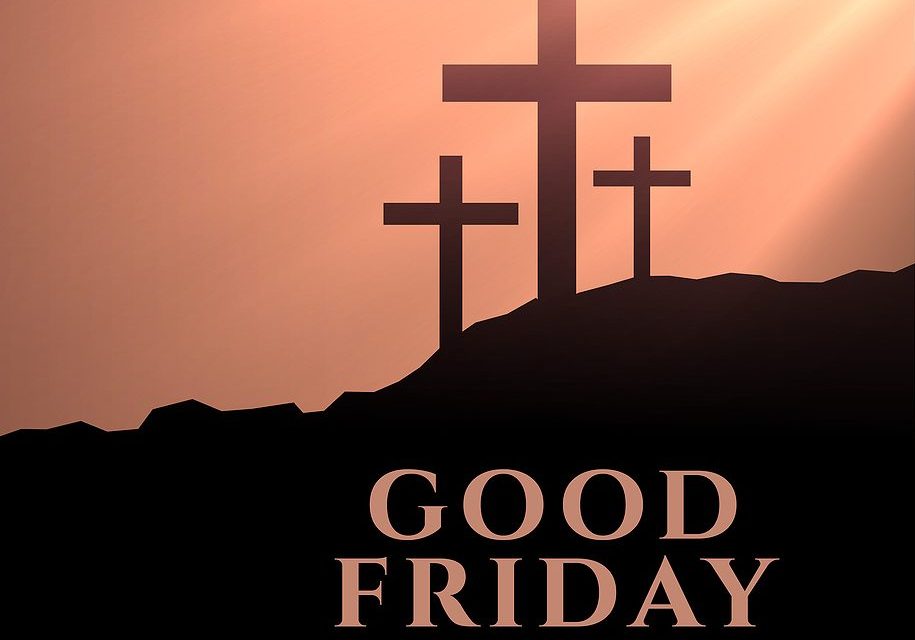
It’s Easter time again. For many Australians that means it’s the opportunity to go away camping or to paint the house or enjoy an extra long weekend. While most people no doubt enjoy these extra days off, I wonder if they stop to think why they are declared as public holidays.
When British colonists arrived in Australia in the late 18th century, they brought their Christian faith and traditions with them. Over time, Christianity became the predominant religion in the colonies, and Christian holidays like Good Friday were established. It was and remains a solemn day marked by church services, the reading of the Passion narrative from the Bible and sometimes by processions. Many Christians participate in Good Friday services to reflect on the significance of Christ’s death on the cross.
One common interpretation of the cross is that Jesus had to die to take away our sins and to save us from the wrath of God. This type of theology is taken primarily from the writings of the apostle Paul. Yet when we turn to the Gospel accounts, the four books attributed to Matthew, Mark, Luke and John that describe the life and death of Jesus, we find few mentions of Jesus needing to die to take away sin. Indeed, during his ministry Jesus often forgives people and invites them to start living in a new way. This forgiveness is not tied to the cross in any way but rather emphasises the compassion and love of Jesus who speaks and acts on behalf of God.
So when we think about the cross, perhaps we would do better to reflect on the love of God and the compassion of Jesus. The well-known verse from John’s Gospel provides an alternative way of thinking – that God so loved the world that he gave his only Son – Jesus – so that everyone who trusts in him may not die but rather have eternal life. The cross is crucial for our understanding of the depth and breadth of God’s love. It stands at the centre of our faith. It shows that love, suffering and forgiveness are all part of following in the footsteps of Jesus.
May God bless you with fresh understanding as you contemplate the cross on Good Friday.
